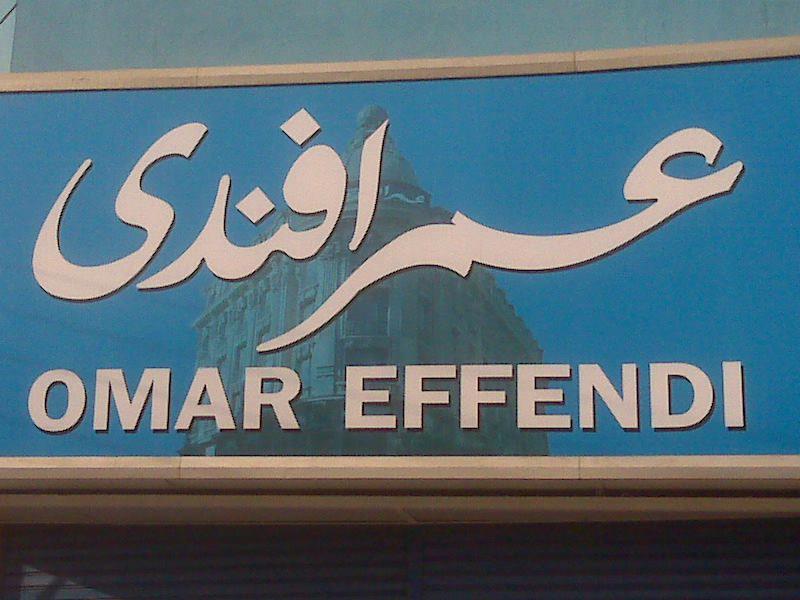The chairperson of the Egyptian Businessmen’s Association, Ali Issa, said that the decision of the Central Bank of Egypt (CBE) to liberalise the exchange rate of the Egyptian pound was an inevitable and very important step in the path of economic reform. He added that it was important for the government to take a set of measures that would reform the financial and economic policy.
Issa called for the necessity of introducing new financing initiatives for the productive sectors, led by the industrial and agricultural sectors, as well as the service sectors, led by the tourism sector. He said that this would allow those sectors to contribute to increasing production capabilities, covering local demand, raising the volume of exports, and attracting more local and foreign investments. He also said that increasing the volume of tourist flow would contribute to ensuring an increase in foreign currency flows in the medium term.
The Businessmen’s Association highlighted the necessity of taking urgent economic decisions to lift all the burdens faced by investors to increase the share and contribution of the Egyptian private sector to the GDP.
The secretary general of the Federation of Egyptian Chambers of Commerce, Alaa Ezz, said that the Central Bank’s decision to raise interest rates was one of the successful procedural steps to set a fair price for the Egyptian pound against the dollar.
Ezz added that the decision eliminated the parallel market for foreign exchange and would lead to an additional reduction in the currently traded prices of currencies. He also said that it would cause huge losses to speculators.
Ezz pointed out that after the arrival of the batch of the Ras El Hekma project contract and the imminent completion of the International Monetary Fund agreement, the exchange market would strengthen.
A member of the Federation of Egyptian Chambers of Commerce and the head of the Importers Division at the Cairo Chamber of Commerce, Emad Kenawy, stated that unifying the price of hard currency in the Egyptian market paved the way for a new phase of economic reform.
Kenawy called on the regulatory authorities to tighten control over the markets to prevent manipulation of commodity prices. He said that traders and producers did not reduce prices after the decline of the dollar in the parallel market following the signing of the Ras al-Hikma deal, which contributed to the availability of dollar liquidity in the markets. He also said that inspection campaigns must be carried out in commercial shops and warehouses to ensure that goods were not stored to create artificial scarcity and monopolize them to increase their prices.
The vice chairperson of the Small and Medium Enterprises Committee at the Egyptian Businessmen’s Association, Dalia Elsawah, said that the market had recently been dealing with high dollar prices for all products and commodities. She stressed that the pricing based on the black market price posed a threat to the competitiveness of the private sector.
She said: “We expect some fluctuations to occur within a short time, but the market will quickly regain its balance as a result of the availability of dollar proceeds in addition to the release of goods, commodities, and raw materials from ports.”
The decision to liberalise the pound aims to attract foreign investments, increase tourism targets and remittances from Egyptians abroad, and eliminate the parallel market for the dollar, according to Ahmed Al-Zayat, a member of the Egyptian Businessmen’s Association.
He added that unifying the exchange rate is important to face inflationary expectations in the medium term, but it requires many measures, such as prioritising the dollar supply for raw materials and production needs and tightening control and monitoring of the market movement.
Wafi Abu Samra, a member of the Electrical Appliances Division at the Giza Chamber of Commerce, said that the decision to raise the interest rate boosts direct investment flows.
He noted that the decision will not increase the prices of electrical appliances, but rather, it will have a positive effect on curbing inflation, which is reaching unprecedented levels, leading global central banks, headed by the US Federal Reserve, to raise the interest rate.
He explained that the commodity prices have already started to decline, indicating that the decision will increase the competition among companies, which will result in lower prices.
He concluded that the pound liberalisation would help reduce the sharp price fluctuations for most goods and services after the local market suffered from the phenomenon of dollarisation and the unofficial pricing of goods in dollars, which raised inflation rates and prices significantly.
The Monetary Policy Committee at the Central Bank of Egypt decided on Wednesday in its extraordinary meeting to raise the overnight deposit and lending rates and the central bank’s main operation rate by 6 percentage points to reach 27.25%, 28.25%, and 27.75%, respectively. The credit and discount rates were also raised by 6 percentage points to reach 27.75%.




